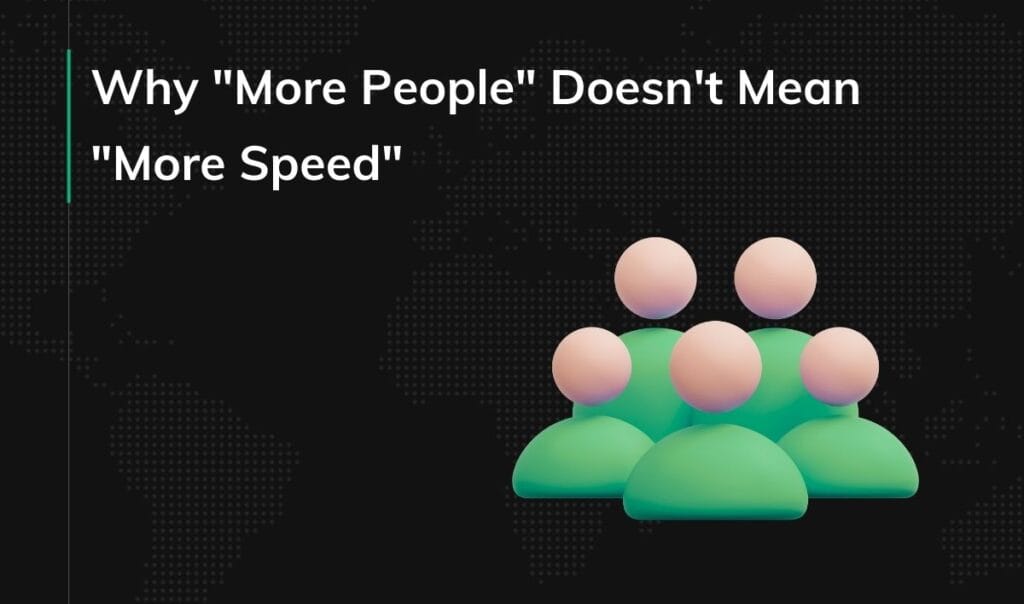The Management Definition

In his awesome book The Goal: A Process of Ongoing Improvement, Eliyahu M. Goldratt shared a great definition of management. According to Goldratt, management is all about answering three questions:
- What to change?
- What to change to?
- How to cause the change?
I must say that this definition is probably the best I have ever read.
Three questions to define management
Every manager (no matter what the manager is managing) needs to answer those three questions. Management is all about changing. The manager’s role is all about optimizing the process and taking care of the effects of the work. This optimization needs changes.
What to change?
In every process, you may identify some problems that decrease process efficiency. Identifying those problems immediately is a significant part of a manager’s job. Looking for bottlenecks and obstacles that slow down the business (team, company, production line, etc.) is something that a good manager should do all the time. It may be done by placing the right monitoring process in place.
After finding the right things to change, the decision about what to change first needs to be made. This prioritization is also a part of the manager’s role. Changing everything at once might not be the best idea.
What to change to?
Knowing what to change is only the first step. I would even say the easiest one. I remember when I started my career and tried to perform the change and convince others to change without defining the expected status after the change. You may imagine how, even after fighting back all the resistance, the effects of change look like. This kind of improvement usually fails and generates more chaos than anything else.
A good manager must know how the process should look after the change. A manager’s experience and knowledge should allow them to find a suitable solution for any particular problem. It does not mean that every single decision has to be correct, and every single change has to lead to better performance. Experimenting and making mistakes is a part of this job. But the manager who says, “We have problems here and there, and we need to do something with that,” without communicating a clear vision about the expected status after the change and without providing a solution is probably not the best.
Proper communication is crucial in the change process. Communication skills are probably the most important for the management job.
How to cause the change?
Last and most important… Changes are not making themselves alone. Every change needs to be performed and managed. Every good manager has their own toolbox full of change-making tools. Many various tools… A change process that works for solving one problem, removing an obstacle, or elevating the system’s constraint may work well even in a few various contexts but not in all of them. Being open-minded and flexible is crucial for every manager.
Change is an ongoing process. Every change consists of many small steps that need to be monitored and managed. And the change plan needs to be adjusted according to the results of each step.
Management is also an ongoing learning process. A manager saying they already know everything about management probably knows nothing about that.
This might be why there are so many people who become managers after stating they’ve learned everything possible in their field and there’s nothing more to accomplish but so few managers that move their interests into other domains.
And that is all… Everything else is just a matter of tools and methods you use to perform changes.
Goldratt had a few other fantastic thoughts about management and production processes applicable also to the software development processes. I will share with you a few of them in the nearest future.







